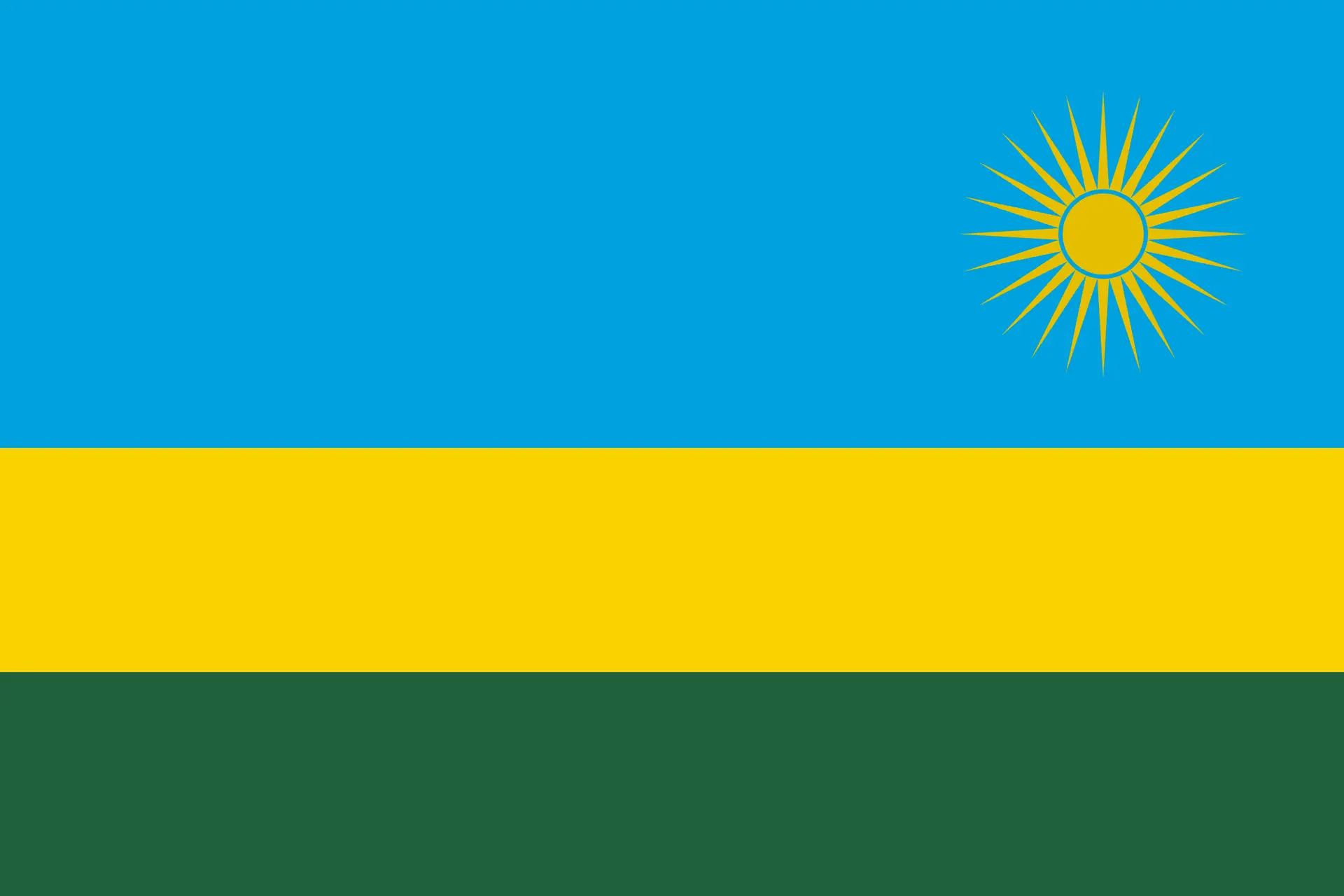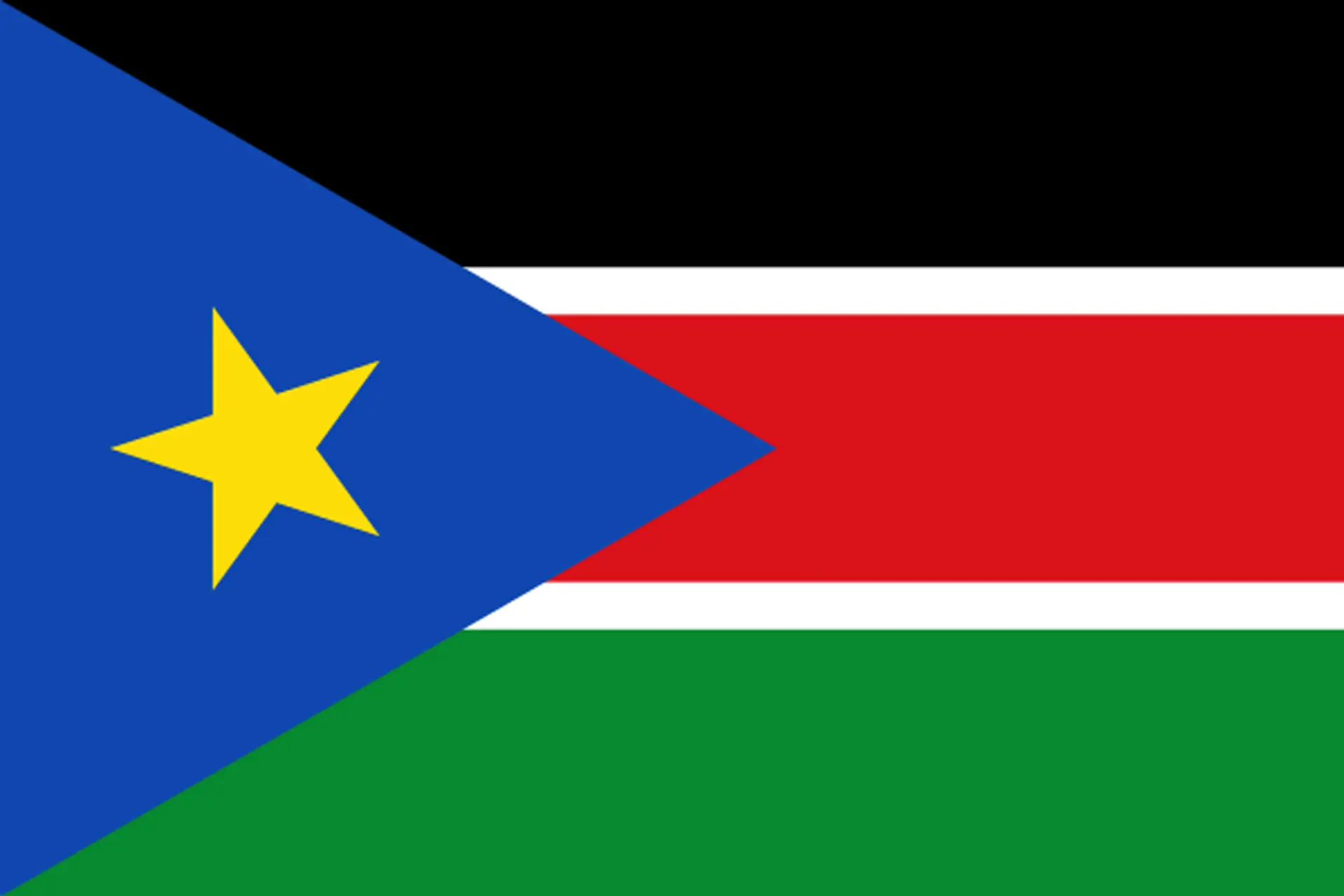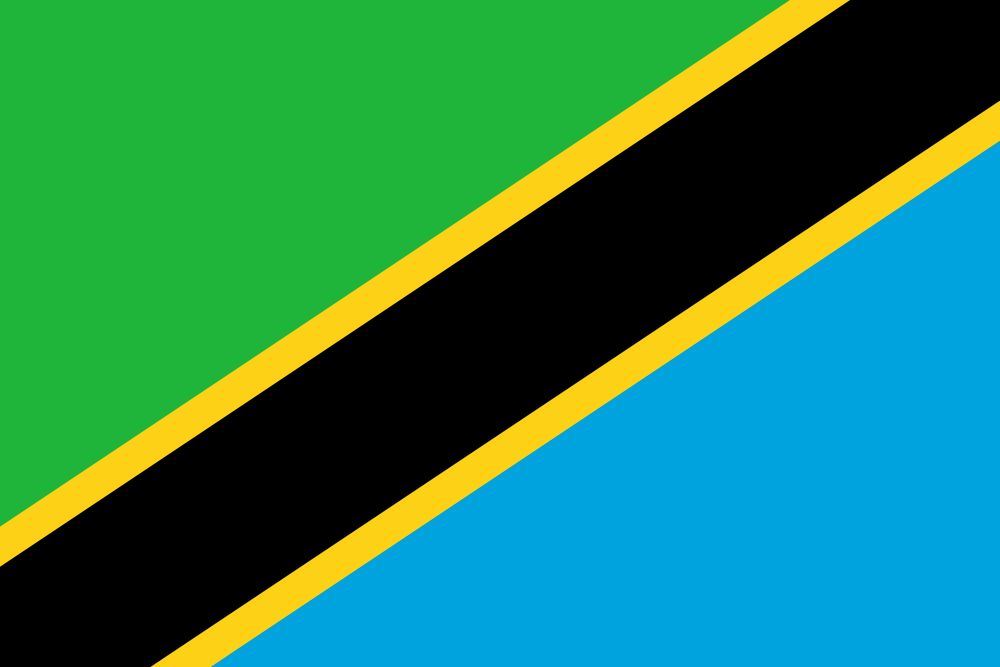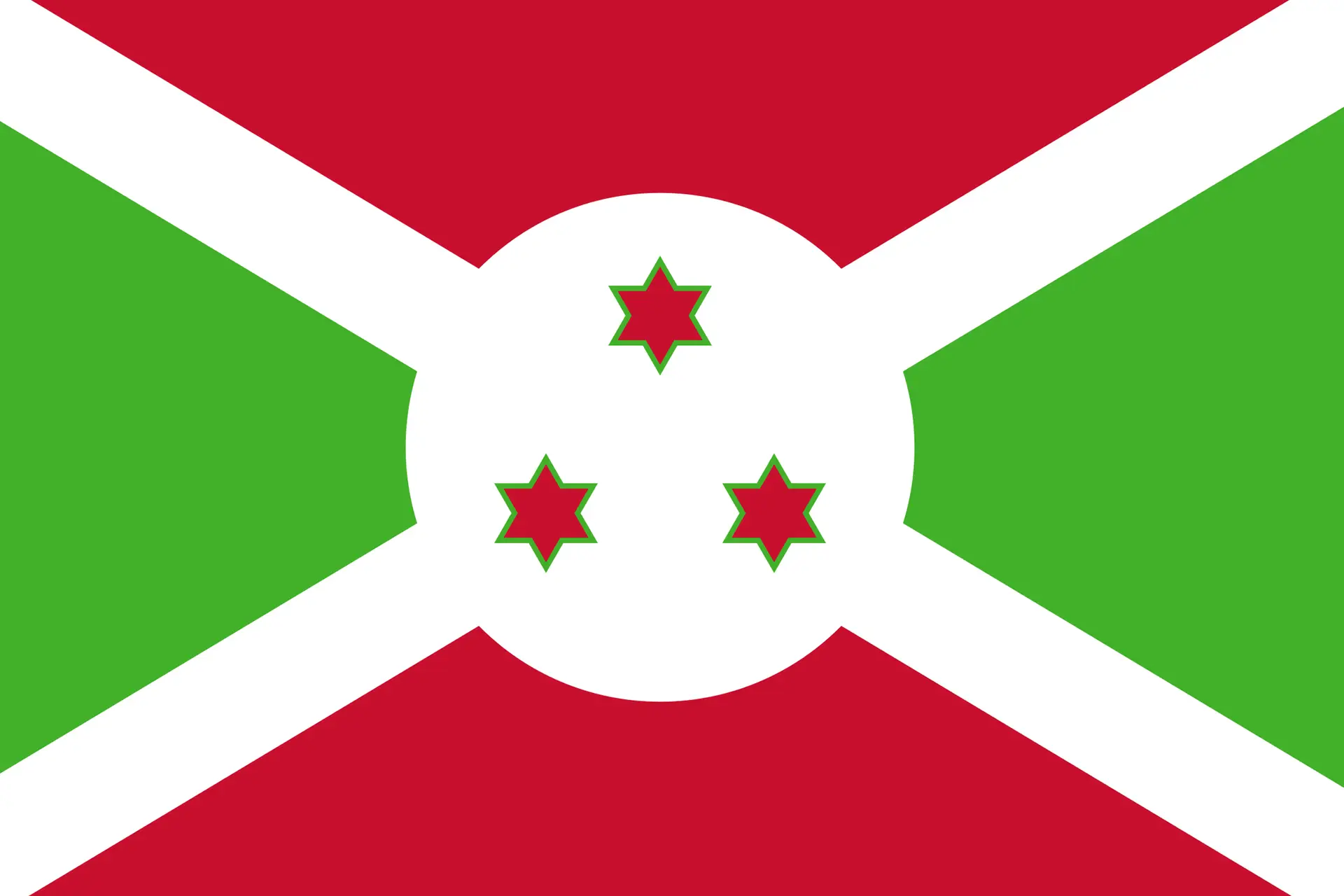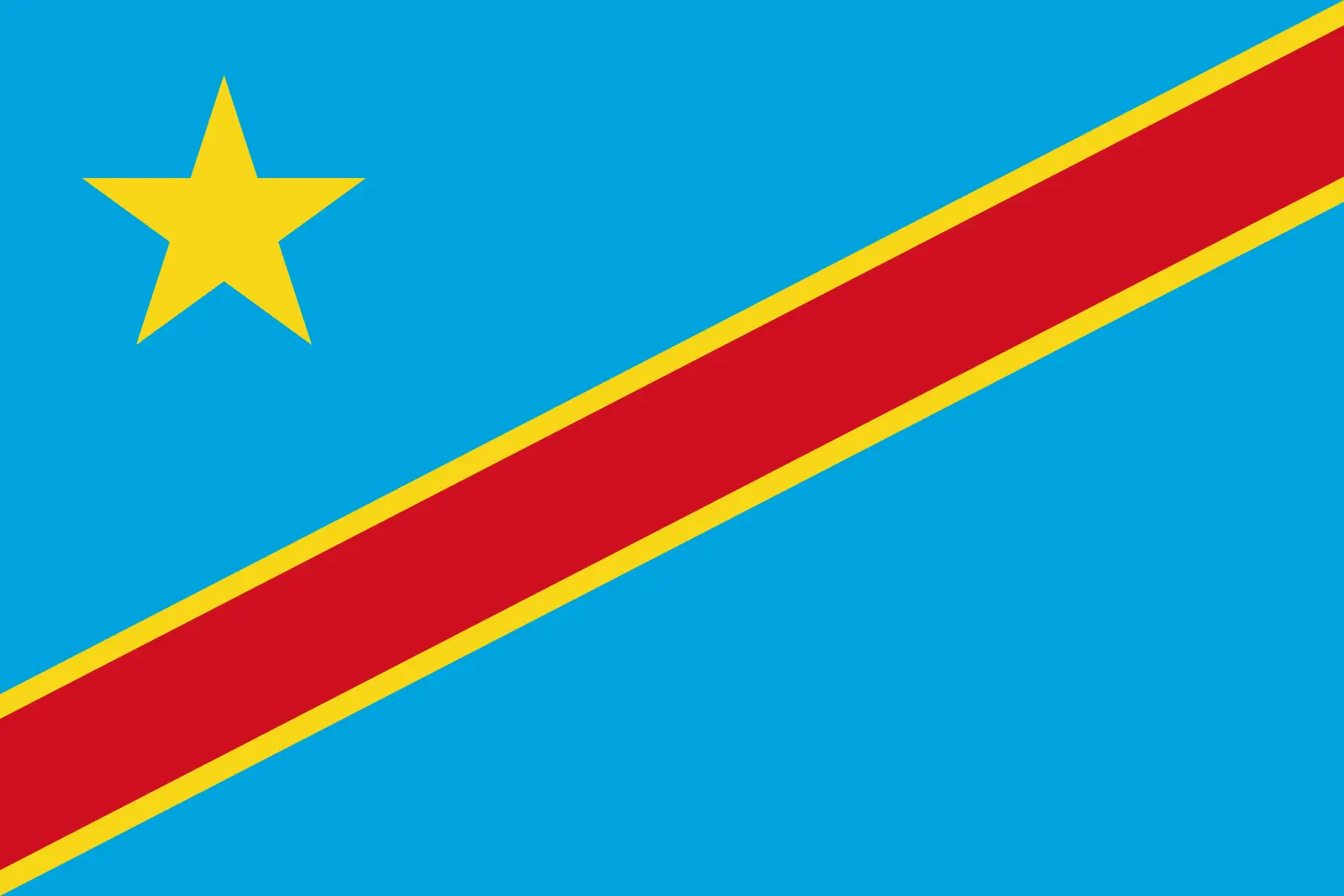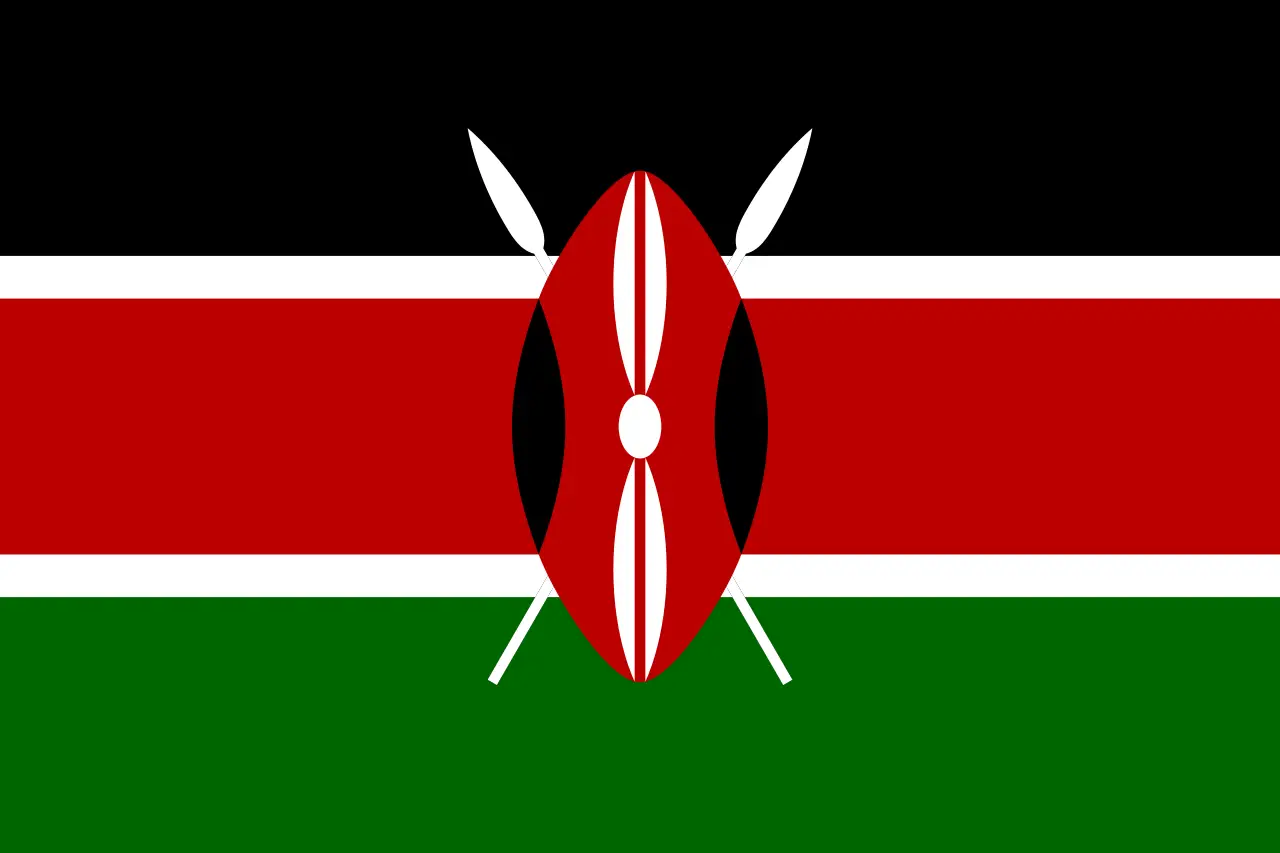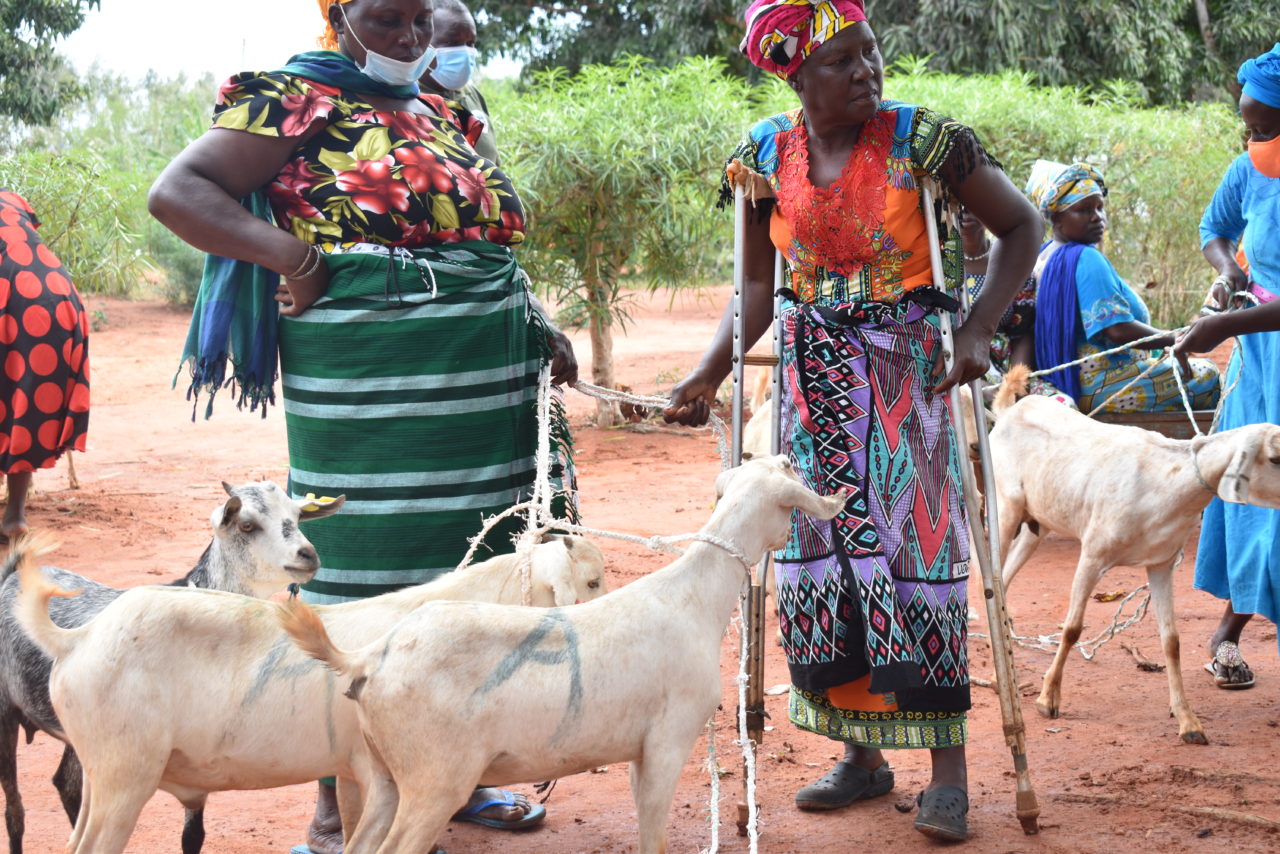The Promoting Sustainable Livelihoods for Women in Ganze project is continuing to promote sustainable livelihood for women in Kilifi county. This project not only trains the participants in animal husbandry, but it is also a project that operates as a pay-it-forward activity. After a woman is given 2 does and a buck, she is required to take the first kids from each of the 2 does to the women group so that the group leaders can pass it to another member of the group who has not yet received any. Initially, the first goat recipient was the pastor’s spouse. She was then required to identify and mentor another pastor’s spouse and a vulnerable woman in the community. Once the does gave birth, the initial recipient was required to give the kids to the 2 women she has mentored. In October, 50 beneficiaries were trained on animal husbandry and 10 women were given 30 goats to use as income generation and to pay it forward.
Kenya: The Promoting Sustainable Livelihoods for Women Project
- Home
- Kenya: The Promoting Sustainable Livelihoods for Women Project
Follow Us
Contact Us
About US
Our Work
Where We Work
